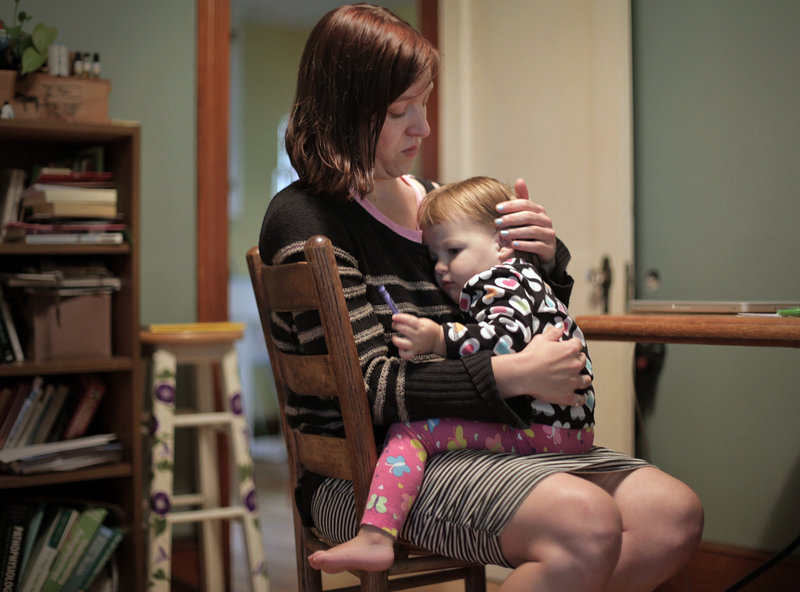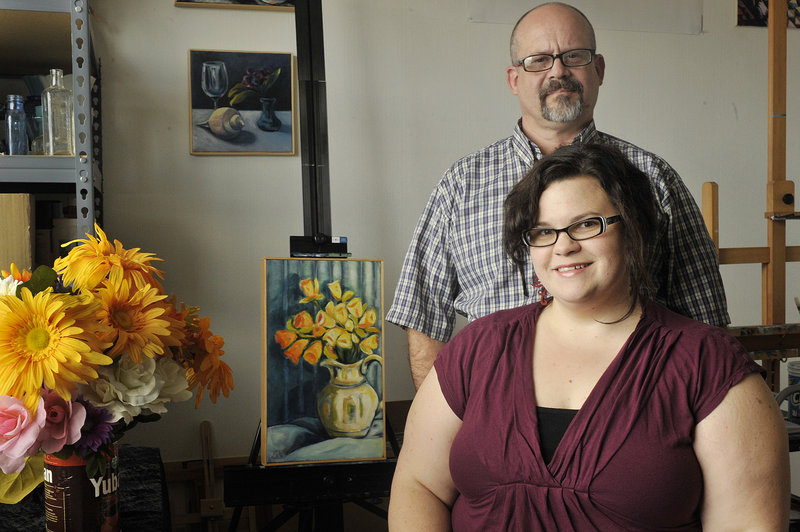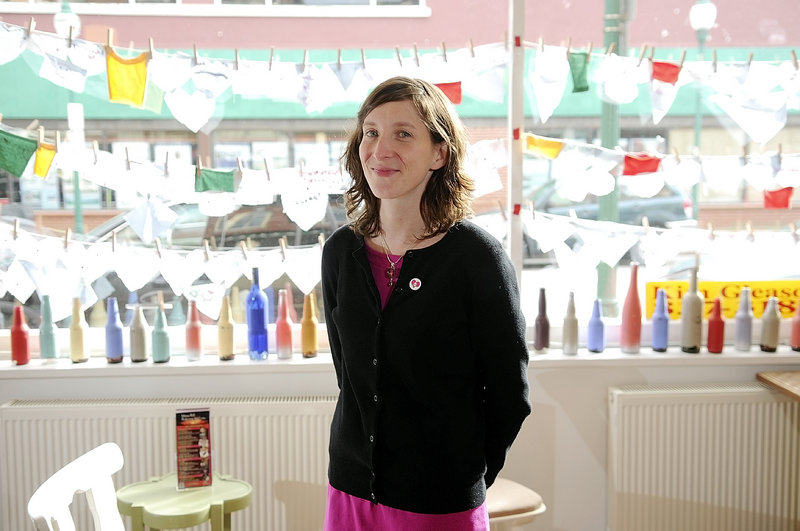In two days, the health insurance marketplace will open for business, a pivotal moment in the short history of the Affordable Care Act.
After a three-year barrage of multimillion-dollar ad campaigns and seemingly nonstop political rhetoric since President Obama signed the act into law in 2010, people will soon begin seeing for themselves how the law works.
That’s because starting Tuesday, the uninsured and underinsured can sign up for discounted health benefits in the new marketplace.
While there’s a wide range of options and prices that consumers will pay — based on income, age, subsidies and family size — a typical out-of-pocket cost for individual insurance premiums, including subsidies, would be about $150 per month for a mid-level plan, according to state and federal figures released in the last few months. The subsidies kick in for those earning between 100 percent and 400 percent of the federal poverty level.
The bottom line of dollars and cents may trump the ad campaigns, 21-hour talkathons on the U.S. Senate floor, television news pundits and YouTube videos. Personal experience and word of mouth are likely to carry weight, even in the digital age.
“A lot of people in Maine who have never been able to buy insurance will be able to, and that is going to make a difference for a lot of people,” said Dora Anne Mills, vice president of clinical affairs at the University of New England and former director of the Maine Center for Disease Control and Prevention.
Mills said while she believes the law improves the health care system, it’s unknown how it will be received, or how many people will sign up.
“It’s just like asking how the Red Sox are going to do in March. Call me back in October,” Mills said.
In Maine, the Bureau of Insurance has estimated that 5 percent to 8 percent of the population, or 65,000 to 104,000 people, will sign up for 2014 benefits.
Mills said the complexity of the law has made it difficult for people to figure out whether it is good or bad until they start shopping for the insurance Tuesday.
“When you hear health insurance options, people’s eyes glaze over,” Mills said. “It’s such a complicated morass.”
For 2014 coverage, residents will have until the end of March to sign up. About 125 “navigators” paid for through federal grants are helping people sign up for insurance all over the state, with many stationed at community health clinics.
Mills said health plans under the law will be more standardized than previously. Preventive screenings will be free, all plans will contain certain “essential” benefits and there will be a cap on out-of-pocket costs.
Still, despite improved health care coverage, a big unknown is whether the independent spirit of Mainers will make it difficult to sign up people for benefits, experts say.
But if the experience of Massachusetts fishermen is any guide, having affordable insurance available will reduce the ranks of the uninsured.
“The fishing industry in general has a lot of very independent people,” said Brian Delaney, communications director of Massachusetts-based Fishing Partnership Support Services.
The group won a $66,000 federal grant to help Maine lobstermen sign up for health insurance in the new marketplace.
Delaney said the rate of uninsured among Massachusetts fishermen has declined from 50 percent to 10 percent since the late 1990s.
That was over the course of about 15 years, Delaney said, so making inroads in the uninsured could take time. But Massachusetts did not have a comprehensive health care reform system until former Gov. Mitt Romney signed a law in 2006 that’s similar to the Affordable Care Act.
Delaney said Maine lobstermen are currently busy making their living at the height of the lobster season, so the efforts to sign them up for insurance won’t begin in earnest for a few weeks.
“In Maine, we don’t know yet. We don’t know what the reaction is going to be,” Delaney said.
Joe Lawlor can be contacted at 791-6376 or at:
jlawlor@pressherald.com
Twitter: @joelawlorph
Send questions/comments to the editors.






